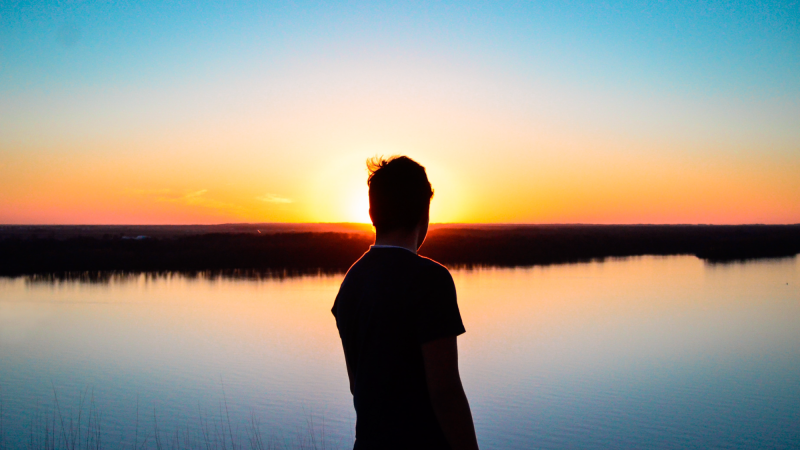 Do you think your memory is a record of what actually happened? Chances are, it's not. New scientific findings show that with every act of remembering, our brains...Read more
Do you think your memory is a record of what actually happened? Chances are, it's not. New scientific findings show that with every act of remembering, our brains...Read more
Episode Archives
Barbara Moss needed a new face. Her mouth was so deformed she could pop a baby’s fist between her teeth and out again without opening her jaw. As a girl, she prayed for just a little bit of beauty. In this hour of To the Best of Our Knowledge, one woman discovers her true face. Also, why men...Read more
Wallace Stegner put it this way. “National Parks are the best idea we ever had.” This weekend, the National Park Service celebrates its birthday by making the parks free for a day. We're celebrating with an hour on the history and politics of national parks. And we'll meet some folks whose...Read more
Does Western aid to impoverished African countries really help? Zambian economist Dambisa Moyo says no: it just lines the pockets of corrupt leaders and creates a culture of dependency. In this hour of To the Best of Our Knowledge we'll talk about the ethics of foreign aid, and hear why...Read more
Michael Chabon's a pretty successful writer of literary fiction. As far as he's concerned, literary fiction is just another genre, with its own set of conventions. In this hour of To the Best of Our Knowledge, we get into the fight over genre fiction. Agatha Christie's grandson says the...Read more
Suppose you drop a family photograph on the subway, is it still yours? Not if Brian Dunn finds it. He collects lost photos and makes them his own. I’m Jim Fleming. Next time on To the Best of Our Knowledge “Who owns what?” If there are copyrights are there copy “...Read more
Anne D. LeClaire was walking along the beach on Nantucket Sound when she heard a voice. The voice said, "Sit in silence." LeClaire turned to look but there was no one there. Anne D. LeClaire talks about this experience seventeen years ago and how it inspired her to remain silent for two days...Read more
The Mississippi River is an American icon. It's a body of water that’s been shaped as much by cultural processes as by environmental ones. From the state lines it draws to its role in literature and the arts, it’s a river that flows deep in the American psyche.
This episode is about the...Read more
Electrons to Enlightenment
Part Five
In the real world where we take out the garbage, we sometimes brush up against wonder and awe. We all look for it in different places. Some of us find it in God, like the great mystic poet...Read more
The Meaning of Life
Part Four
Pete Best should have been famous beyond his wildest dreams. He had Ringo's job just months before the Beatles' "Love Me Do" became a smash hit. But he got tossed out of the band and ended up working...Read more
From Soup to Nuts:
Part Two
This may be the century when Americans forget how to cook. We're just too busy. Take-out's too easy. And, who needs to cook when you can buy ready-made...Read more
What would you do if you found yourself in the presence of murderous evil? Would you sell out to survive, or would you resist and try to hang onto your values? For how long? Maybe you reject the whole concept of evil. In this hour of To the Best of Our Knowledge we'll meet some people who aren't...Read more
As the Zika virus continues to make headlines, consensus is slowly growing among scientists that it’s showdown time for the mosquito. Time to marshal the technology to wipe them off the face of the earth. Which seems pretty extreme. Doesn’t it?
So, should we bio-...Read more
Before there was Wikipedia… Before there was Facebook and Twitter… there was Ward Cunningham. The computer programmer who invented the first wiki, back in 1995. Cunningham also did something even more radical – he didn’t patent his invention. He passed up billions of dollars of potential...Read more
Physicist Lawrence Krauss says science can finally explain the age-old mystery: How can something come out of nothing? Or, to be more specific, how can the Big Bang pop out of empty space? Krauss also set off an intellectual brawl by saying theologians and philosphers have nothing...Read more
Paul Ewald is a cancer researcher. He says we're entering a golden era in cancer treatment based on one emerging idea: most cancers are caused by viruses. It's good news, according to Ewald, who says we'll be able to treat cancer preventively, with vaccines. In this hour of To the Best of Our...Read more




